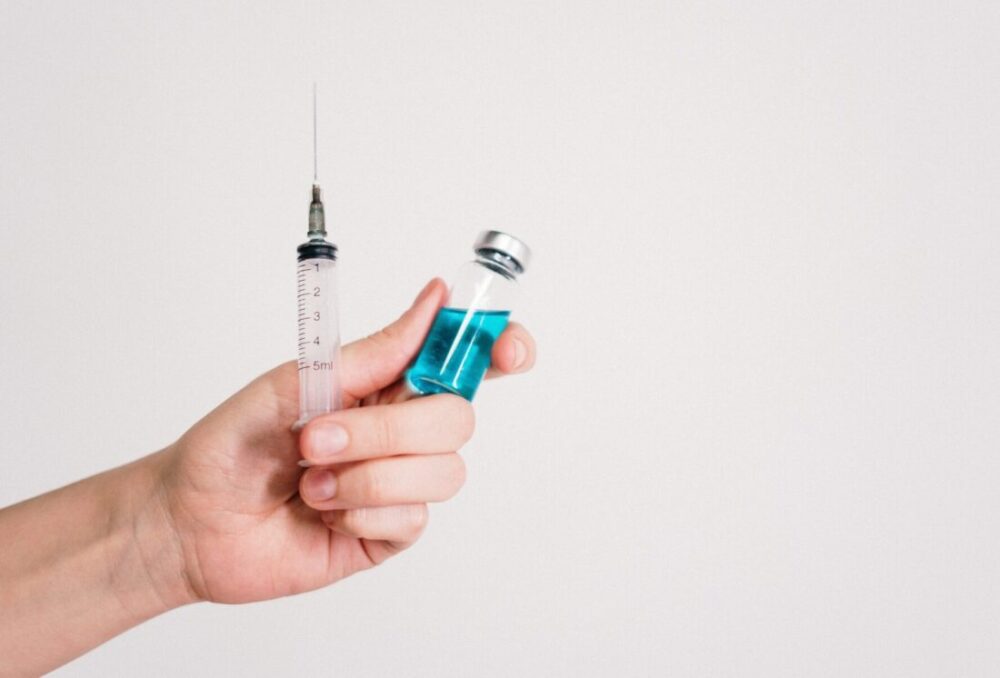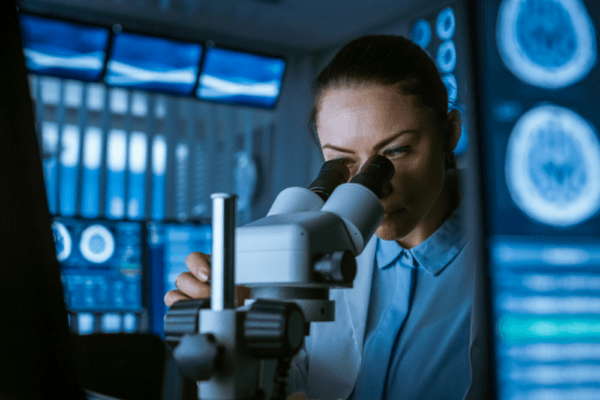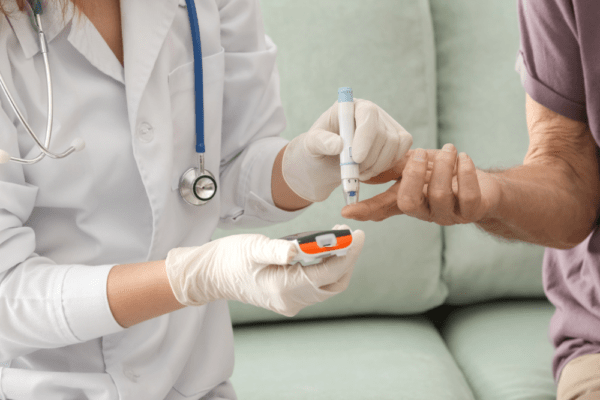Russia has emerged as the first country to come out with a vaccine for the novel coronavirus. As per the updates, one of the prime vaccine candidates from Russia, dubbed as ‘Sputnik V’, which has been developed by Gamaleya Research Institute in collaboration with the Russian Defence Ministry has been registered on August 11, 2020.
According to reports, President Vladimir Putin’s daughter has already been given the shot of Russia’s COVID vaccine as Russia becomes the first nation in the world to register a vaccine to battle coronavirus.
How the vaccine is made
Russia’s vaccine ‘Sputnik V’ is an adenovirus-based viral vector vaccine which is combined with the spike protein of the SARS-CoV-2 virus to induce an immune response in the body. The Gamaleya National Research Centre has maintained that the coronavirus particles in the vaccine cannot harm the body as they cannot multiply.
Concerns over the safety of the vaccine
Since the day its ‘successful’ completion of trials was announced, the vaccine has been marred with by controversies over its safety, efficacy and fast track approach.
Russia’s trials allowed for the civil use and inoculation of the vaccine while simultaneously conducting late-stage trials. This has become a concern for Epidemiologists and medical experts, including the WHO, who believe such a move can put people’s lives at risk.
While the Russian vaccine was given the go-ahead by Russia’s sanitary watchdog ‘Anna Popova’, medical experts across the globe are sceptical about the accelerated rate at which the vaccine has been developed, thus affecting the safety levels of the vaccine. So far, only a small pool of candidates have been tested on. Alexander Chepurnov, the former head of infectious diseases at Vektor was uncertain about the data provided by the Russian government; stating, “The danger is there in terms of the possibility of increasing the disease‘s severity with the wrong vaccine.” Pointing out that there is always a scope of ‘infection intensifying’, he said, “With some diseases —and for the coronavirus, this is already known that the infection can intensify with the presence of certain antibodies. So, it should be known which antibodies the vaccine forms.”
The World Health Organization (WHO) has advised the Russian authorities to follow and proceed as per the established guidelines to develop a safe and effective COVID-19 vaccine.
Another speculation about the vaccine arises from the fact that Russia has not published any findings from its vaccine trials. This again puts the vaccine efficacy in question in the eyes of other researchers and medical experts. “Vaccines that are not properly tested can cause harm in many ways, from a negative impact on health to creating a false sense of security or undermining trust in vaccinations,” said Thomas Bollyky, director of the global health program at the Council on Foreign Relations.
When will it be available
The production of the Russia vaccine will begin in September. It is expected that the vaccine is still quite some distance away from becoming generally accessible, especially to people outside Russia. For country like India, the vaccine can be approved for use when it has passed the regulatory hurdle.
The Indian regulatory system requires at least late-phase human trials to be conducted on local population before any vaccine, or drug, developed in other countries, is approved for use in India. That is because a vaccine generally elicits different immune responses from different population groups. That would suggest that the Russian developers would have to carry out phase-2 and phase-3 trials on the vaccine on Indian volunteers. Pune-based Serum Institute of India, which has a manufacturing agreement with the developers to produce the vaccine, recently received the regulator’s nod to conduct phase-2 and phase-3 trials on the vaccine in India.
Phase-2 and phase-3 trials of the Russian vaccine in India is expected to take at least two to three months.
Another vaccine already in use
Incidentally, there’s also been claims made that Russia’s vaccine candidate is not the first one to be approved. A Chinese vaccine, developed by CanSino Biologicals, was approved in June itself. However, it was meant only for limited use, to be administered on soldiers of the People’s Liberation Army.




